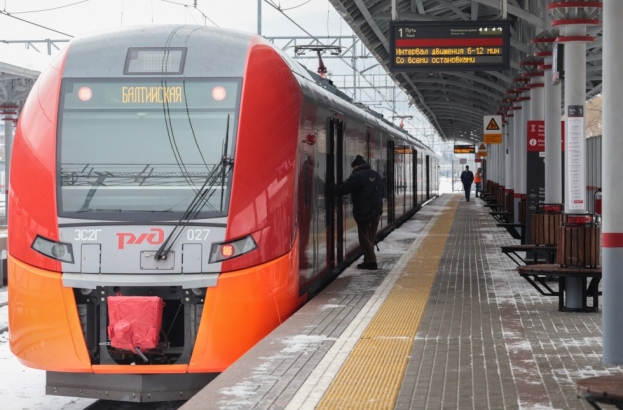New ring railway, bikes and parking: Why Moscow won the Transport Oscar

Moscow’s urban landscape and transport infrastructure have undergone many changes over the last six years. Some of these developments were recognized during the International Association of Public Transport (UITP) Global Public Transport Summit that took place in Montreal on May 15-17.
At the summit the Russian capital received one of the most prestigious transport awards, a so-called ‘Transport Oscar’ — the Special Recognition prize for its achievements in urban transport and infrastructure development, surpassing many other large cities of India, China and Europe.
According to Alan Flausch, UITP Secretary General, this year the Special Recognition prize was indeed special because it was awarded not just for one project, but for a number of transport initiatives.
«For the first time ever, the award goes to Moscow which has shown a completely different approach to urban public transport development in recent years. The achievements have been huge,» he stated.
RBTH offers you a glimpse of just five key innovations that have brought Moscow international recognition.
The introduction of the Moscow Central Circle (MCC) railway
Launched in September 2016 the MCC is a new overland line of the Moscow Metro. It carries around 350,000 passengers daily and helps to take the load off the most busy underground stations as well as railway terminals in the city and its suburbs.
The MCC meets the highest environmental, technical and social standards: While all stations are accessible for passengers with limited mobility, trains are also equipped with e-information boards, climate-control systems and lavatories, and offer a high-speed and free Wi-Fi network as well as chargers for gadgets.
Public transport renewal
Since 2010 the Moscow City Transport Authority (Mosgortrans) has been gradually renewing its surface transit fleet. By the end of 2016, 95 percent of the city’s buses, trams and metro carriages were replaced, and the new models cost around 12 billion rubles ($210 million).
The new vehicles adhere to the latest environmental standards and their introduction, along with other measures taken by the city authorities, has helped to reduce air pollution in Moscow by 11 percent over the last five years.
The government of Moscow plans to invest 5 billion rubles ($87 million) every year to buy new eco-friendly electric transport vehicles. A new generation tram and electrobus (both made in Russia) have recently joined the Moscow city transport fleet and a Finnish-made Linkker electrobus is being tested by Mosgortrans.
Apart from this, the city has also revised public transport routes and integrated minibuses that were previously privately owned and operated separately.
- Tags:
- transport






